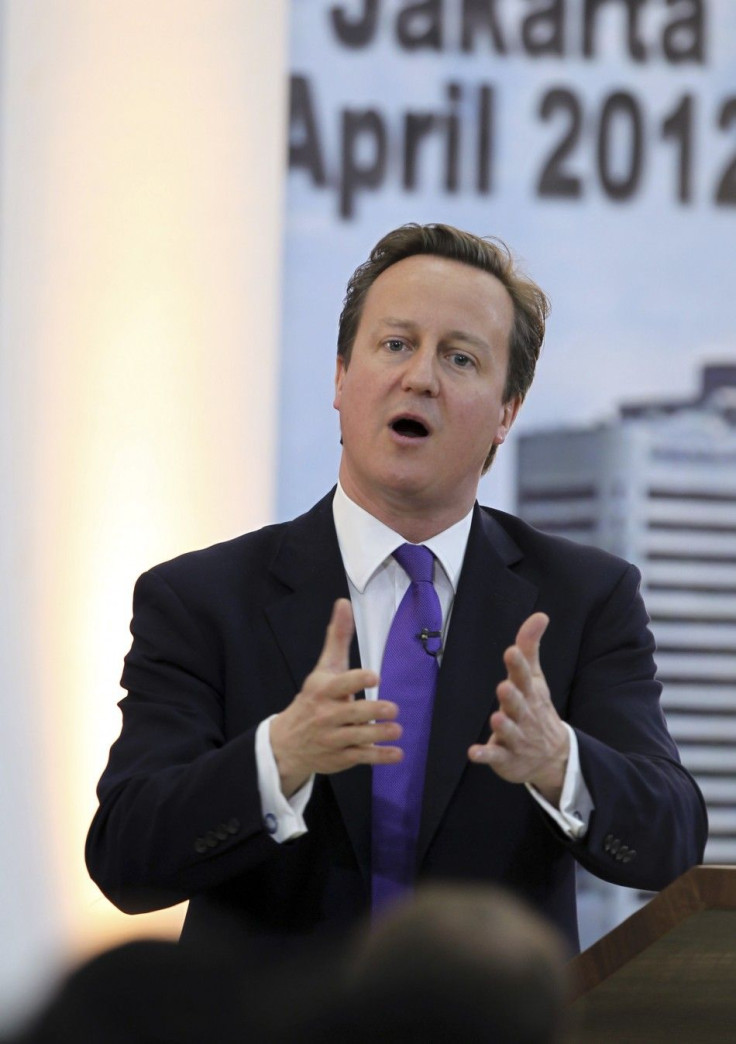Britain May Relax Sanctions Against Myanmar

Following recent similar statements from the United States, the Prime Minister of the United Kingdom said his country’s sanctions on Myanmar may be relaxed in the wake of historic elections in the Southeast Asian nation.
David Cameron, who is on a four-day trade visit to the region, has praised Myanmar for its recent poll which brought long-time pro-democracy activist Aung San Suu Kyi into parliament for the first time.
Where reform is beginning, like in Burma, we must get behind it, Cameron said in a speech at Al Azhar University in Jakarta, Indonesia.
So let us pay tribute to those who have fought for that reform and fought for that freedom, not least the inspirational Aung San Suu Kyi.
The Prime Minister is scheduled to visit Myanmar, also known as Burma, on Friday, making him the first Western head of state to set foot on its soil in more than half a century.
Speaking in Malaysia, Cameron told reporters: If Burma moves towards democracy then we should respond in kind, and we should not be slow in doing that. But first I want to go and see for myself on the ground how things are going.
He also asserted that moves made by Burma in recent months, including the release of hundreds of political prisoners, means that real change is in the horizon in the country.
I hope that following my meetings I will have the confidence to go back to my country, back to others in the European Union, and argue that change in Burma is irreversible in a world of difficult and darkness and all sorts of problems here is one bright light we should encourage, he stated.
Cameron told BBC that he also plans to meet with President Thein Sein to thank him for the work that he has done on political reforms
He will also meet with Suu Kyi herself.
Despite the ban on trade with Myanmar, Cameron will nonetheless be accompanied by a group of British business leaders.
Some senior British officials said it was premature to consider lifting sanctions against Burma to any significant degree.
Baroness Glenys Kinnock, the chair of the all-parliamentary group on Burma and former Labour Party minister, told BBC: We have still not seen any repressive laws repealed and the constitution has not changed which means the military still have a monopoly of power.
Kinnock added that it is “too soon to consider lifting the arms embargo and restrictions on key industries such as mining and timber.”
Burma was a long-time part of the British Empire.
Foreign ministers of the European Union will meet on April 23 to discuss its policy towards Myanmar.
Earlier in his East Asian sojourn Cameron also praised Indonesia as a model for other Muslim nations to follow. In a speech in Jakarta, the Prime Minister marveled at how Indonesia has progressed from dictatorship to democracy in only one decade.
© Copyright IBTimes 2024. All rights reserved.





















